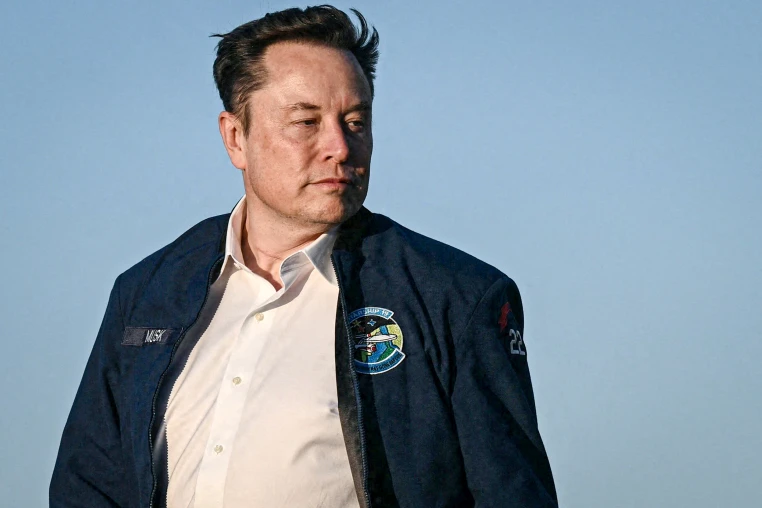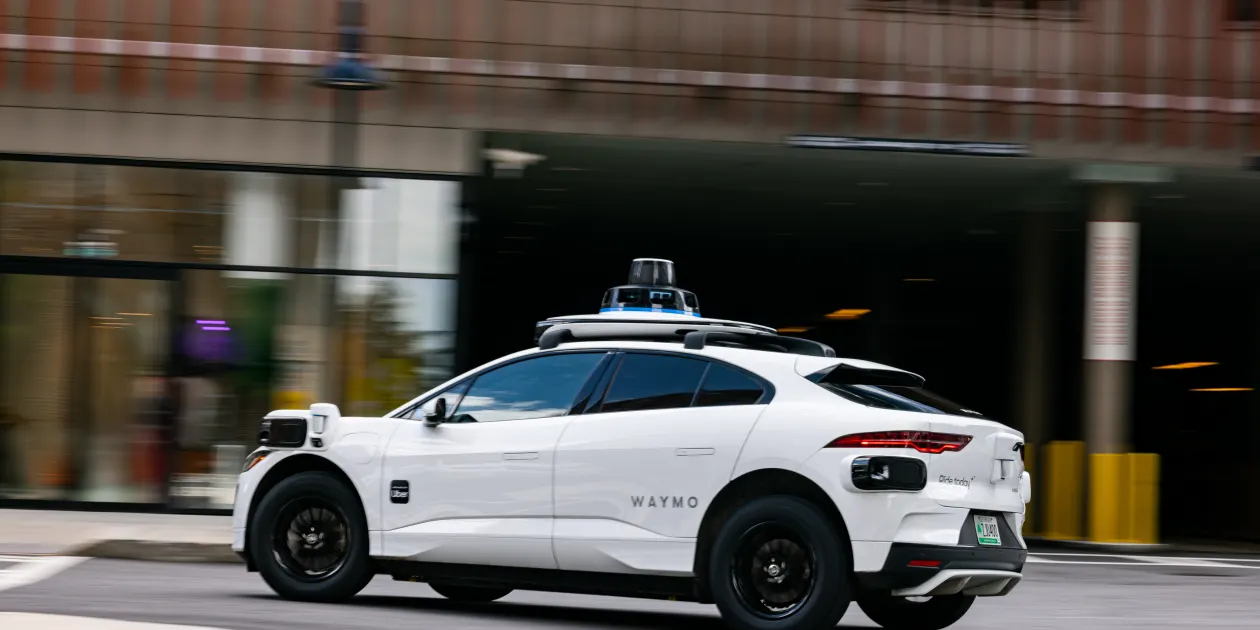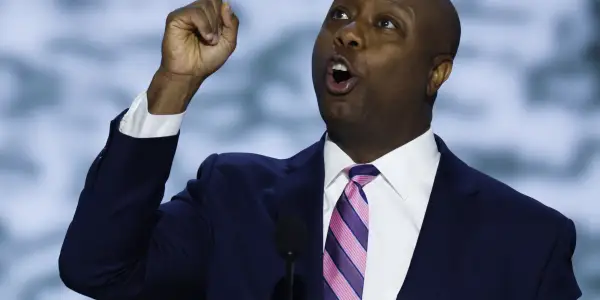Trump vs. Musk: Political Feud Reignites Amid Scrutiny of SpaceX and Tesla Government Ties
As Elon Musk’s rivalry with Donald Trump flares up once again, his business dealings with the U.S. government — from SpaceX contracts to Tesla subsidies — are facing renewed political and public scrutiny.
Elon Musk, the billionaire innovator behind Tesla, SpaceX, and X (formerly Twitter), is once again in the political spotlight — not just for his polarizing public persona, but because of his rekindled feud with former President Donald Trump. The clash between two of the most high-profile figures in American public life has reignited a broader conversation about Musk’s deep — and at times complicated — relationship with the U. S.
government. ### A History of Mutual Benefit Musk’s business empire has long benefited from partnerships, subsidies, and contracts with the federal government. From Department of Defense launches via SpaceX to electric vehicle incentives that helped boost Tesla’s rise, government funding and policy have played pivotal roles in Musk’s success.
At the same time, Musk has often positioned himself as a libertarian-leaning figure who criticizes bureaucracy, champions deregulation, and rails against government overreach. That duality — thriving on public funding while critiquing the government — has fueled both admiration and skepticism. ### The Feud Rekindled The Trump-Musk relationship has always been fraught.
In 2017, Musk served on Trump’s advisory councils but resigned over the decision to withdraw from the Paris Climate Agreement. Since then, barbs have flown in both directions. But in recent weeks, the feud has escalated.
Trump took to Truth Social to accuse Musk of being a “government-subsidized billionaire who owes everything to Washington,” and mocked him for what he called “Tesla’s bailout-powered growth. ”Musk, in turn, fired back on X, accusing Trump of hypocrisy, referencing the former president’s own history with tax incentives, and warning that “American innovation must not be weaponized for political theater. ”This spat, while personal, has wider ramifications.
It coincides with growing bipartisan calls to examine the scale and terms of Musk’s federal contracts, particularly with SpaceX’s growing role in defense and NASA missions. ### Spotlight on SpaceX SpaceX, Musk’s private aerospace firm, has become an essential partner for NASA and the Department of Defense. The company is contracted to carry astronauts to the International Space Station, launch national security payloads, and even build components of the Artemis lunar mission.
According to public filings, SpaceX has received over $15 billion in federal contracts since 2015. The Pentagon recently awarded it a high-profile deal to develop Starshield — a secure satellite system intended for military communications. Critics in Congress — including both Democrats and Republicans — are now calling for greater oversight of how these contracts are awarded and monitored.
The central concern isn’t just financial; it’s strategic. If one man wields too much influence over critical infrastructure, they argue, it could pose national security risks. “There’s no question SpaceX is delivering,” said Rep.
Maria Sanchez (D-CA), a member of the House Armed Services Committee. “But the scale of its government entanglements, combined with Musk’s erratic public behavior, requires deeper transparency. ”### Tesla and the EV Policy Debate Meanwhile, Tesla — the automaker that turned electric vehicles from novelty to necessity — remains closely tied to government policy.
From federal EV tax credits to state-level clean energy rebates, Tesla has long reaped the benefits of green energy initiatives. Under the Biden administration’s Inflation Reduction Act, new EV incentives have been expanded. Tesla models now qualify for up to $7,500 in consumer rebates, and the company stands to benefit from new battery manufacturing credits as well.
Yet Musk has been openly critical of Biden, accusing the administration of favoring unionized automakers like Ford and GM. He has claimed Tesla is being snubbed in public discourse, despite leading U. S.
EV sales. This political tension is now bleeding into policy debates. Some Republicans are proposing amendments that would disqualify companies like Tesla from certain subsidies if their CEOs “publicly disparage government initiatives.
” It’s a long shot legally, but symbolically significant. ### The X Factor: Social Media and Political Influence Musk’s acquisition of Twitter (now X) has only amplified the scrutiny. Since taking over the platform, Musk has promoted controversial figures, reinstated banned accounts, and made sweeping changes to content moderation.
He argues this is part of a broader push for “free speech absolutism. ”But critics say X has become a hotbed for misinformation and political extremism under Musk’s leadership. Civil rights groups have accused him of enabling hate speech and undermining democratic norms.
Congressional committees have begun probing how content moderation policies at X intersect with public safety. Trump allies now allege that Musk is using the platform to subtly influence politics — and that his increasingly open criticism of Trump may reflect future ambitions. “There’s no doubt Musk is trying to shape the narrative,” said one GOP strategist.
“He’s got rockets, cars, satellites, and now the media. That’s not just tech empire — that’s political capital. ”### Political Risks on the Rise The confluence of these issues — personal feud, federal money, and political influence — is putting Musk under a harsh spotlight.
Progressives argue that no single entrepreneur should have such a dominant position across sectors ranging from defense to digital communications. Conservatives argue that Musk, once a symbol of anti-establishment success, is veering into political activism. The Department of Justice is reportedly reviewing procurement procedures involving SpaceX, following claims from smaller aerospace firms that the playing field is tilted unfairly.
And House Republicans are considering hearings to explore the scale of Tesla’s benefit from federal EV tax structures. ### Musk’s Response Musk has responded to these concerns with characteristic defiance. In multiple posts, he has dismissed congressional threats as “political theater” and accused critics of “anti-innovation hysteria.
” He has also reiterated that SpaceX, Tesla, and X remain privately run businesses that have delivered exceptional value to taxpayers and the public. “SpaceX launches cost a fraction of what NASA used to spend,” Musk posted. “Tesla built the EV market.
X restored free speech. Maybe Washington should thank us. ”That argument continues to resonate with many Americans, especially those disillusioned with traditional politics.
But it’s clear Musk’s growing influence — and willingness to enter the political fray — has made him a more polarizing figure than ever. ### What Comes Next? With the 2026 election cycle heating up, and Trump signaling a return to the campaign trail, this feud may be just beginning. Musk, though not a declared political candidate, wields more visibility and platform power than most elected officials.
His every move — business or tweet — is now interpreted through a political lens. Whether that helps or hinders his empire is an open question. Government scrutiny of tech billionaires is nothing new — but Musk’s scope, style, and attitude may invite a new level of examination.
One thing is certain: Elon Musk is no longer just the world’s richest entrepreneur. He’s a central figure in the ongoing struggle over technology, power, and American democracy itself.
6th July 2025



